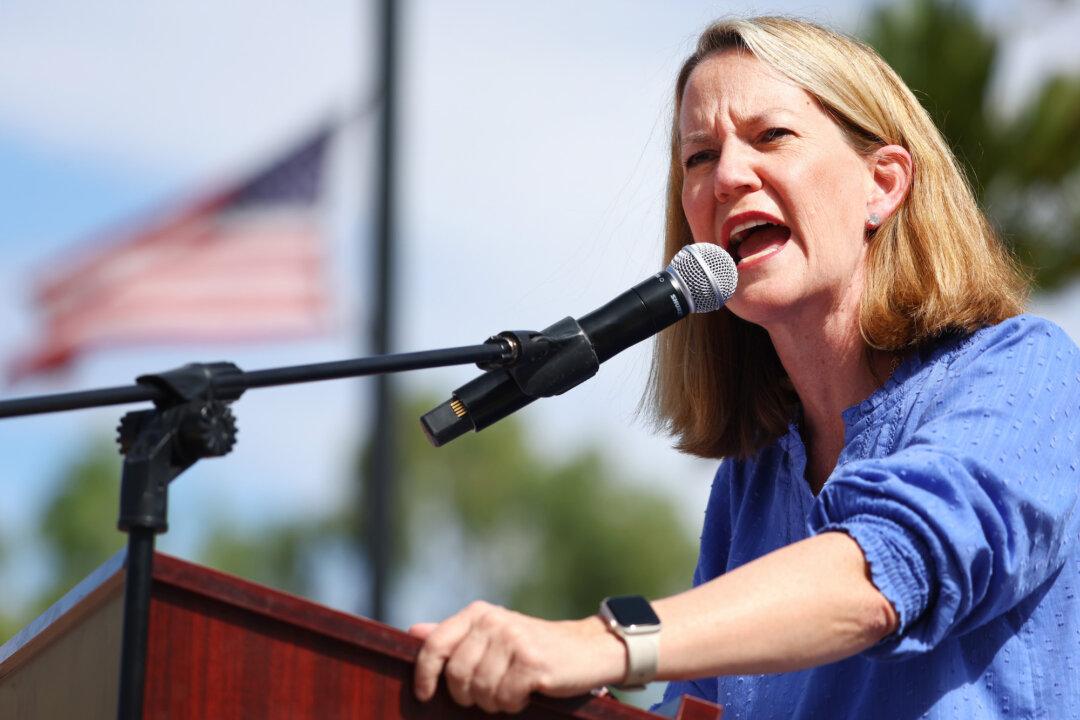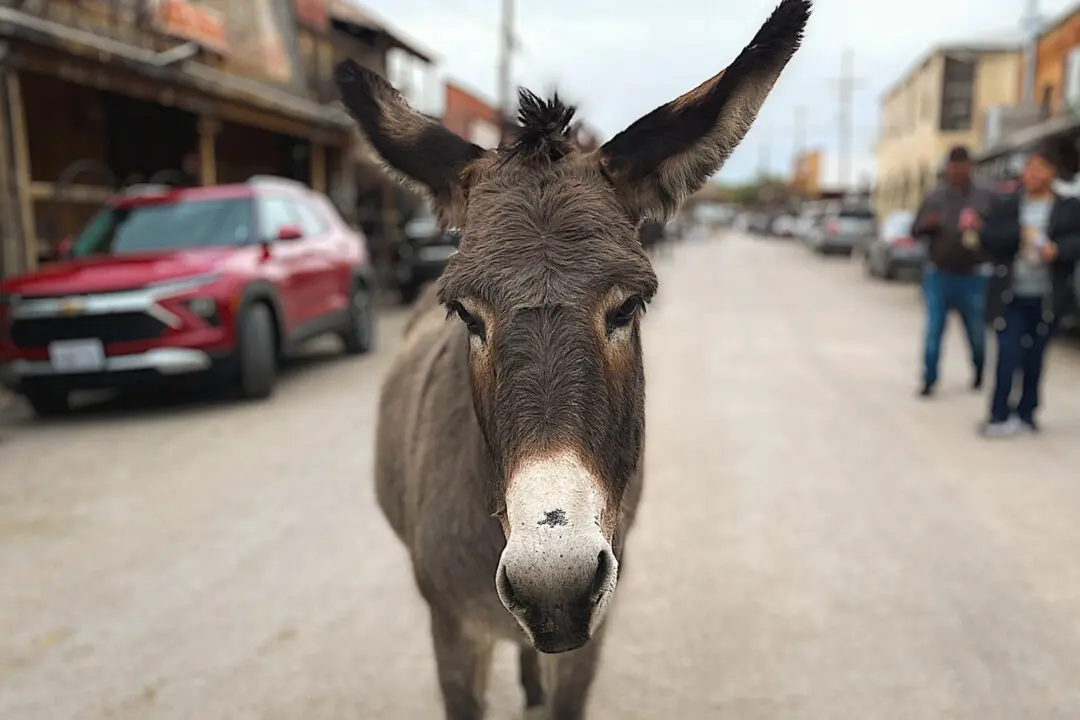ANCHORAGE, Alaska—Unofficial polling results in Alaska’s June 11 special primary place former Gov. Sarah Palin and Nick Begich, both Republicans, among the top four vote-getters in Alaska’s June 11 special primary.
With roughly 72 percent of the votes counted, Palin has garnered almost 30 percent and Begich has 19 percent, according to Decision Desk HQ. With votes still being counted, Palin and Begich are projected to advance to the general election, while two more slots remain to be determined.





